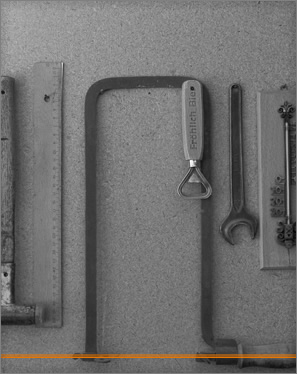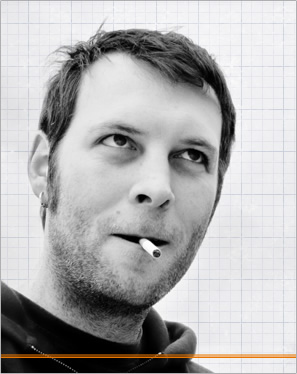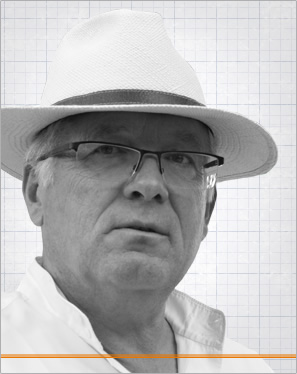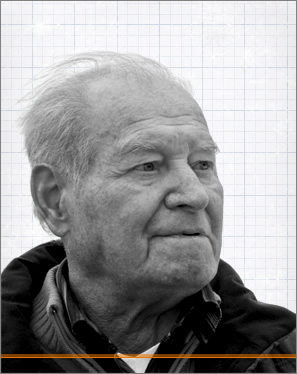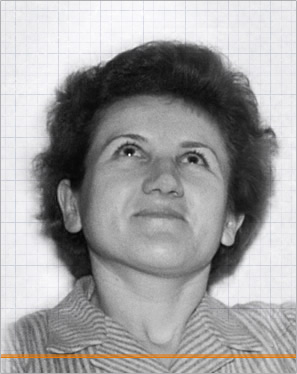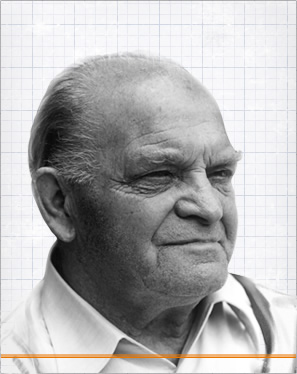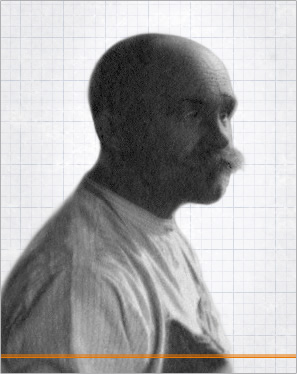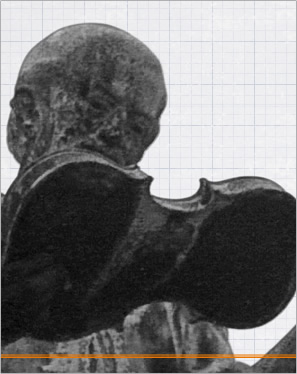|
|
|---|---|
| Josef Teller OHG, P.O.Box 27, Frankenstr. 43, D-91088 Bubenreuth, Phone +49/9131/89560, info@teller.de, Copyright Neman Grafik 2013 | |
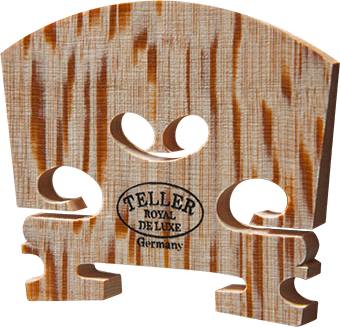 |
Josef Teller – handmade bridges from GermanyBastian and Manfred Teller would like to welcome you to their website. We are manufacturers of musical instrument parts and we particularly see ourselves as bridge makers. The Tellers
It might sound a little too romantic, but we have always highly valued family.
The workshop
We would like to invite you, to visit us and the beautiful Franconian region. Visit us in a Bavarian Broadcast documentation Unter unserem Himmel – Am Frankenschnellweg. Go to minute 10. |
|
|
|
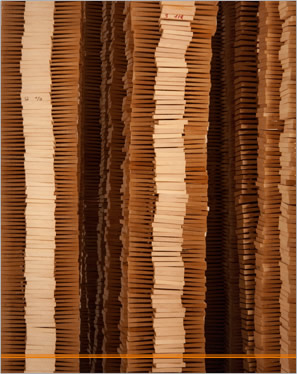
|
What we consider importantThe raw material
The storing
The processing
Design and funcionality
|
|
|
|
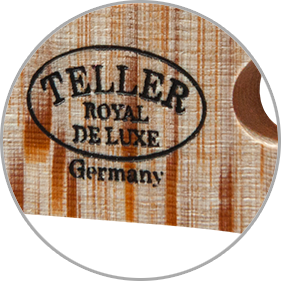
|
Our StampsTeller Germany
Josef Teller 1891 Germany
TELLER ROYAL DE LUXE
|

